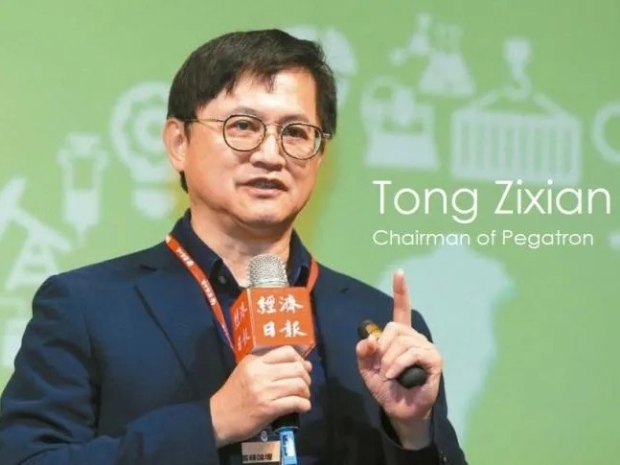Despite Tesla handing some A15 chip orders to Samsung’s Texas plant, and shifting its upcoming A16 to Samsung’s 2nm process, Tong isn’t breaking a sweat. He pointed out that TSMC’s two-nanometre and three-nanometre processes are still ahead of Samsung and Intel.
Tong acknowledged rumours that US firms might be leaning towards Samsung. He admitted, “The United States may want to support Samsung” but dismissed any talk of crisis. He believes both Samsung and Chipzilla are still only catching TSMC’s taillights.
Foreign press reports claimed Elon Musk had praised Samsung’s Texas fab as being slightly ahead of TSMC’s Arizona site. That sparked speculation that Washington might be boosting Samsung’s chances in the foundry game.
Tong said such chatter is common in a booming semiconductor sector. He reckons the reshaping of supply chains, driven by Taiwanese firms setting up shop in the US, puts Taiwan in a stronger position rather than a weaker one.
He noted that the US currently leads global AI investment, followed by mainland China. He compared the situation to satellite systems, where only a few nations can afford to build their own. The US has GPS, China has Beidou, Europe has Galileo and Russia has GLONASS. Even Japan has failed to build its own independent network.
Tong said the same pattern applies to large AI models. Only a few countries have the cash and talent to build them. Taiwan, by supplying semiconductors and other critical hardware, is already embedded in the US-led AI supply chain.
He explained that while Japan and South Korea once rivalled Taiwan in components and systems, the US now leans heavily on Taiwanese kit for heat sinks, boards and server cabinets. Even as production capacity shifts, Taiwan’s position in AI infrastructure stays firm.
For Tong, the real issue isn’t competition from Samsung or Intel. The bigger story is the long-term tech rivalry between the US and China.
He pointed out that between 2015 and 2017, Google published the research that shaped modern AI. OpenAI used those ideas to build GPT, and Google followed with Gemini. The US now has fewer than 10 serious large language models.
China started by copying the American approach but is now forging its own. Tong believes Taiwan’s edge remains secure because TSMC’s advanced processes are still far beyond what Huawei or SMIC can manage.
He argued that the so-called democratic supply chain linking Japan, South Korea and Taiwan remains in place. It may not have been truly tested, but it remains critical while the US and China operate separate AI stacks.




